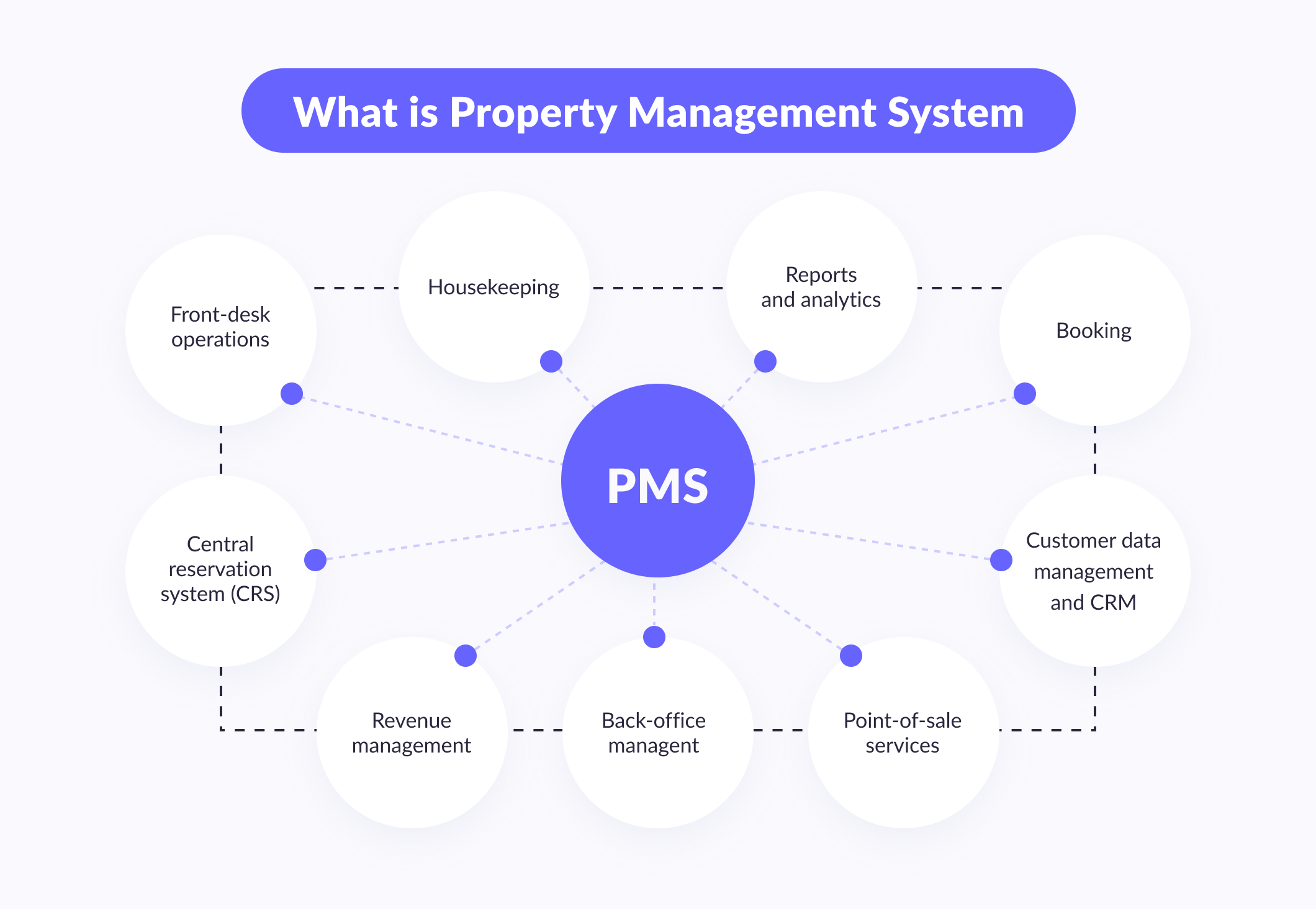The 7-Minute Rule for Property Management Services
Property Management Services for Beginners
Table of Contents7 Simple Techniques For Property Management Services


An RLA, also called a lease arrangement or rental agreement, is a legally binding contract in between a tenant and a property manager when renting a property. It details the duties and rights of both parties, including lease quantities, payment timetables, period of occupancy, upkeep responsibilities, protection deposit terms, and guidelines governing the residential or commercial property. Lease agreements safeguard both proprietors and occupants by providing quality and legal recourse should disputes develop. In many territories, RLAs are needed by law, and failing to abide by local guidelines can lead to fines or various other legal consequences. A comprehensive RLA not only makes sure smooth landlord-tenant connections however also stops misunderstandings, late settlements, and problems over residential or commercial property maintenance or rules.Real estate representatives are experts that assist in the buying, selling, and leasing of homes. Their work environment can be incredibly adaptable, enabling them to operate from basically anywhere. Several representatives function from another location from their homes, leveraging technology to communicate with clients, schedule provings, and manage deals. Others may operate on-site at their brokerage companies, which function as headquarters for meetings, paperwork, and client assessments. Some agents also separate their time in between seeing residential or commercial properties, attending customer meetings, and performing administrative tasks, which offers a vibrant and typically highly self-governing work schedule. The adaptability of this career makes it appealing to individuals looking for freedom and the capability to handle their own time.While it is absolutely possible to acquire or sell a property independently, doing so calls for substantial initiative, time, and know-how. Genuine estate transactions include legal, financial, and procedural complexities that might not be obvious to someone unfamiliar with the market. For example, agreements must be evaluated very carefully to avoid unintentional obligations, settlement abilities need to be used successfully to attain a positive rate, and local regulations and regulations have to be stuck to to avoid fines or legal disputes. The majority of people hire qualified property agents because they possess the network, expertise, and experience necessary to browse these obstacles. Representatives help improve the procedure, decrease risks, and typically accomplish far better outcomes for customers by leveraging their market expertise.Commercial property agents execute similar features to domestic agents but concentrate specifically on commercial homes. These include house facilities, workplace structures, storage facilities, retail rooms, and industrial facilities. Industrial transactions usually involve bigger sums of cash and more complicated contractual arrangements than residential bargains. Therefore, business agents usually work with genuine estate investors, company owner, and business customers that are seeking to purchase, lease, or sell commercial assets (Property Management Services). The risks in industrial property are higher due to the fact that the residential properties are more costly, the agreements much more detailed, and the prospective financial gains or losses extra significant. This setting requires a high degree of professionalism, analytical capability, and negotiation ability to succeed.While it is feasible to become a realty agent for the function of managing your own residential or commercial property transactions, this method might not be the most efficient unless you plan to seek a full job in property. Becoming a certified agent needs a financial investment of time, commonly entailing pre-licensing coursework, assessment prep work, and proceeding education and learning requirements - Property Management Services. Furthermore, new agents should pay costs related to licensing, membership in professional companies, and potentially the prices of signing up with a brokerage firm. For a person only interested in purchasing or offering a single property, the upfront prices and discovering contour may outweigh any type of economic savings acquired from acting as their very own agent. Expert agents obtain accessibility to resources and networks, such as the Numerous Listing Solution (MLS) and industry contacts, which are tough to leverage as an independent customer or seller.The Role of a Genuine Estate AgentA accredited real estate agent is an expert educated to guide clients through the procedure of purchasing, marketing, or renting properties. They provide market insights, discuss in support of clients, and guarantee economic and legal conformity throughout the purchase. Agents have access to comprehensive databases and devices that permit them to determine ideal homes for purchasers, or to market homes efficiently for sellers. Their proficiency in agreement regulation, funding choices, and neighborhood market trends is very useful in achieving optimal end results for their clients.Real estate agents act as middlemans in between buyers and sellers. They aid purchasers locate buildings that match their needs and budget plans, routine residential property viewings, and supply unbiased evaluations of market worth. For vendors, agents market the home, emphasize key attributes, arrange open homes, and work out offers to make the most of profit. In both instances, agents mitigate threats by guaranteeing that agreements and lawful records are appropriately prepared, preventing potential conflicts or costly mistakes.Residential vs. Business Real EstateResidential representatives concentrate on properties implied for personal use, such as single-family homes, townhouses, and condos. These representatives prioritize client contentment, building condition, community safety and security, and resale value. Residential agents usually take care of partnerships with private house owners and customers, giving personalized service and psychological assistance during what is generally a major life event.Commercial representatives, on the other hand, run in a various world. Commercial properties are financial investment assets, and transactions usually involve comprehensive monetary evaluation, market projections, zoning legislations, and lease arrangements. Commercial representatives function carefully with investors, company owner, and firms, often discussing multi-million-dollar deals. They must recognize not only realty concepts however also business money, market characteristics, and risk management.Training and Licensing RequirementsTo end up being a realty agent, prospects have to fulfill certain academic and licensing needs, which vary by state or nation. Typically, potential agents full pre-licensing courses covering property regulation, principles, property assessment, financing, agreements, and advertising and marketing. After finishing coursework, candidates have to pass a state licensing exam, demonstrating their knowledge and preparedness to practice professionally. When accredited, agents may be needed to sign up with a brokerage company and preserve their license through continuing education and learning programs. These programs maintain agents educated about changes in legislations, market trends, and ideal techniques, guaranteeing they offer clients with existing and exact advice.Skills Required to SucceedSuccess in genuine estate requires a mix of technological expertise, interpersonal skills, and organization acumen. Solid communication and arrangement abilities are necessary, as representatives should connect with clients, other agents, attorneys, and lenders. Analytical skills help agents review residential or commercial property values, market fads, and monetary implications of deals. Organizational abilities are vital for managing multiple clients, residential or commercial property listings, provings, and paperwork simultaneously.Additionally, durability and versatility are essential traits, as realty over at this website markets vary and deals might not constantly go as click now prepared. Representatives must be prepared to take care of being rejected, discuss successfully, and think strategically to achieve their customers' objectives.Marketing and Innovation in Actual EstateModern real estate representatives depend heavily on innovation and marketing techniques to link with customers and close bargains. On-line home listings, digital trips, social media marketing, and e-mail campaigns allow agents to get to a broader audience successfully. Agents use information analytics to identify target markets, rate buildings properly, and anticipate market trends. Consumer partnership administration (CRM) software program assists agents track customer interactions, manage leads, and maintain specialist interaction. The combination of innovation has changed the property landscape, making agents a lot more efficient and boosting the customer experience.Financial and Moral ResponsibilitiesAgents have fiduciary responsibilities to their customers, suggesting they should act in the most effective interest of the client with transparency, honesty, and loyalty. This includes revealing any type of conflicts of passion, offering accurate market info, and negotiating terms that profit the customer. Representatives need to additionally deal with client funds properly, whether it involves earnest money deposits, rent out collection, or escrow accounts. Ethical behavior is fundamental to constructing trust fund, maintaining an expert track record, and making certain long-term success in the industry.Career Opportunities and SpecializationsReal estate supplies a large range of job possibilities and possible specializations. Some agents concentrate on high-end homes, while others specialize in commercial property, building management, or financial investment residential or commercial properties. There are likewise specific niche locations such as trip leasings, foreclosures, or lasting real estate. Specialization allows agents to establish experience in a particular segment, attract certain customer kinds, and separate themselves in a competitive market.Challenges in Real EstateWhile rewarding, property careers can be tough. Representatives often face irregular earnings, requiring clients, open markets, and varying economic conditions. Effective representatives need to be self-motivated, positive, and able to handle stress effectively. Constant discovering, networking, and versatility are vital to getting over these obstacles and suffering long-term success.ConclusionBecoming a real estate representative includes even more than simply helping a person buy or offer a home. It needs education, licensing, market understanding, arrangement abilities, and moral method. Agents play an essential duty in leading customers via complex transactions, whether industrial or residential. While it is possible to manage your own residential property purchases without a representative, the knowledge, resources, and risk reduction that specialist agents give make them invaluable in attaining effective outcomes.Real estate is a vibrant, difficult, and fulfilling job that uses adaptability, independence, and the capacity for significant economic rewards. Whether aiding customers with property homes, business buildings, or investment profiles, agents work as trusted experts, negotiators, and market specialists. Their responsibilities incorporate lawful compliance, marketing, client relationships, financial monitoring, and strategic decision-making. For those happy to invest effort, dedication, and time, a job in property offers chances for personal growth, expert accomplishment, and long-lasting success.
